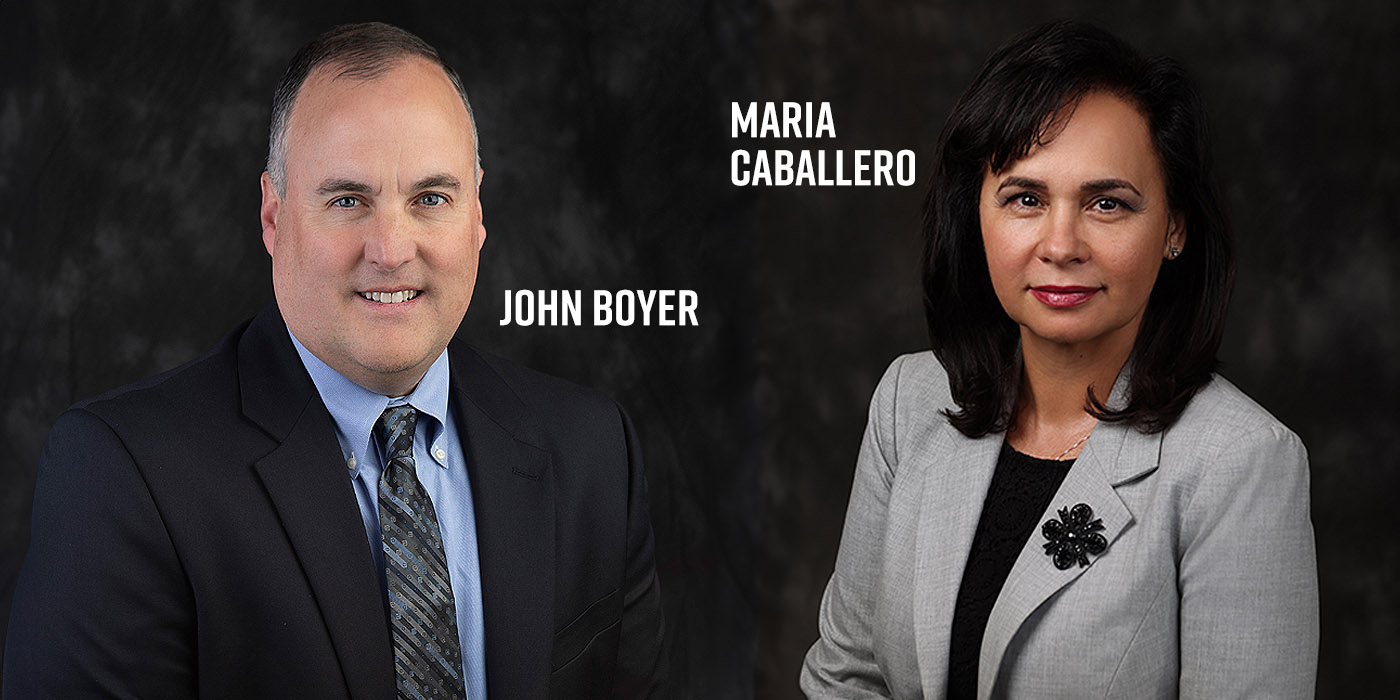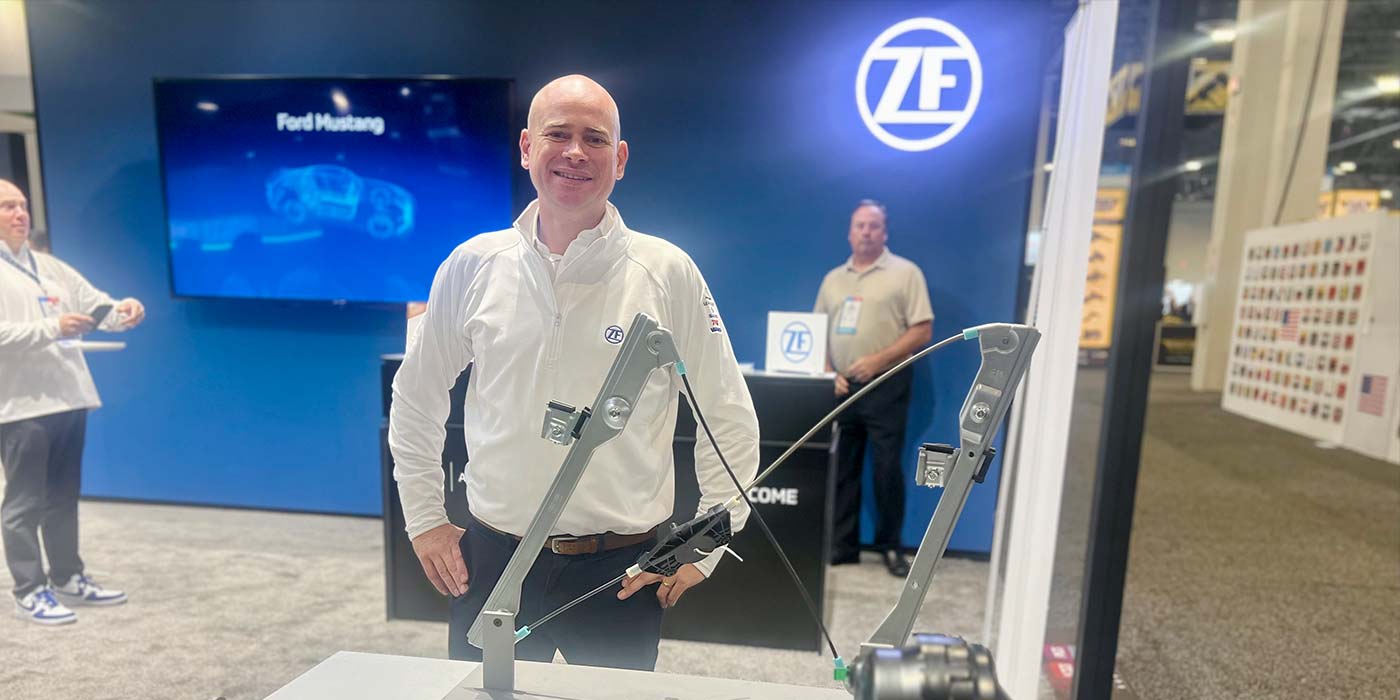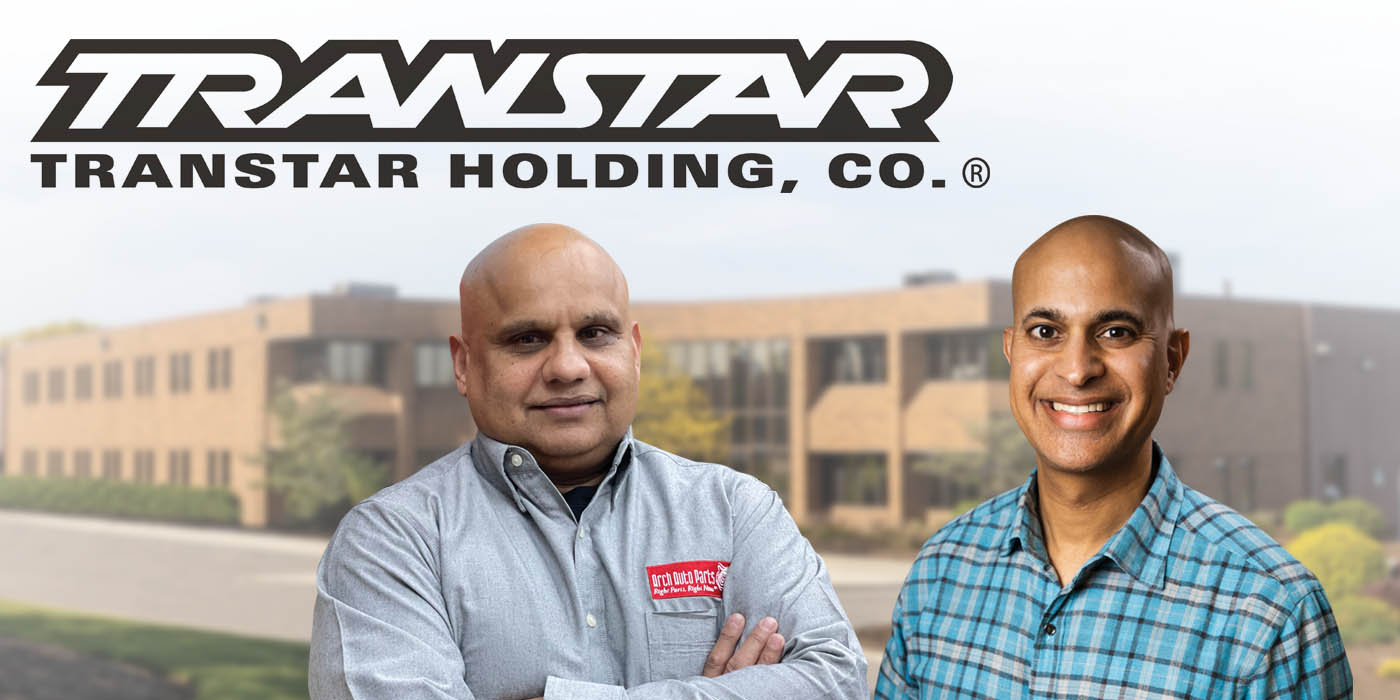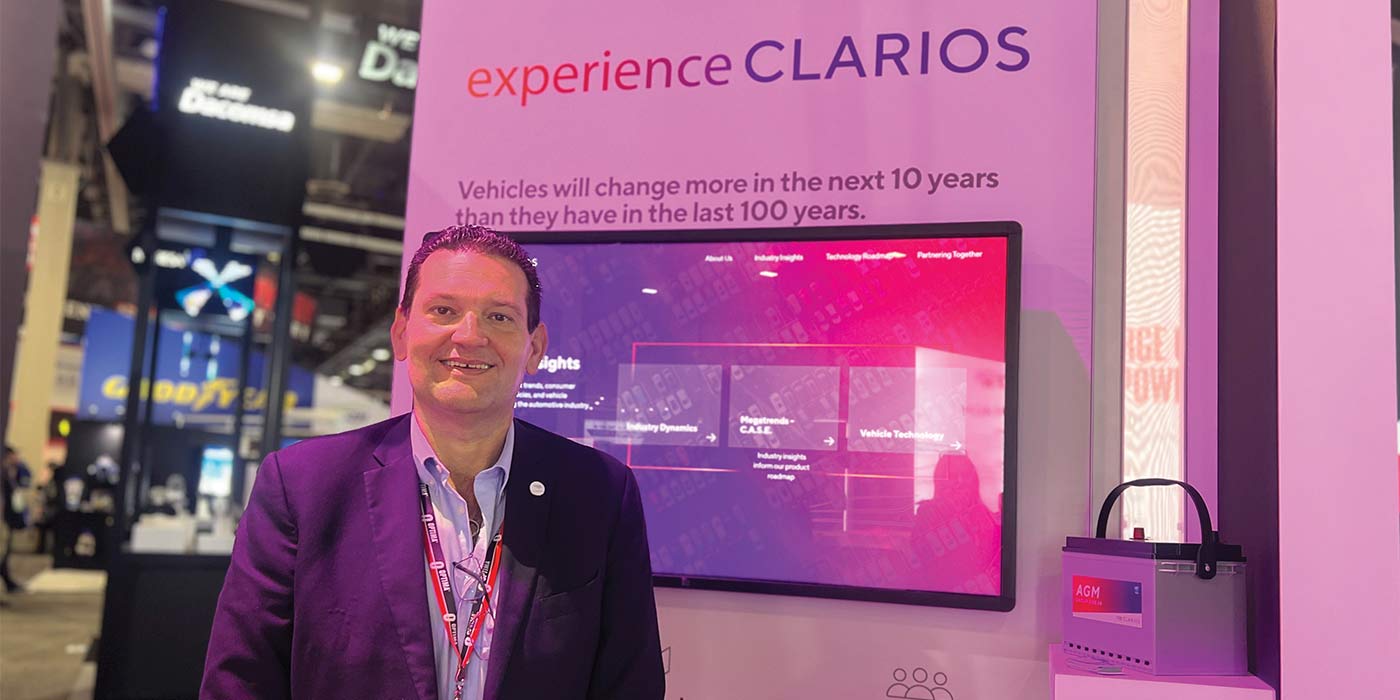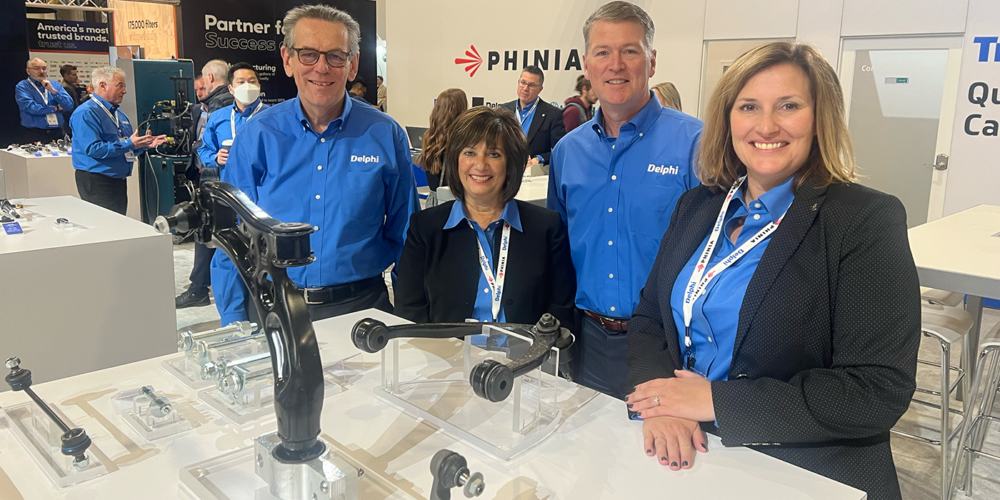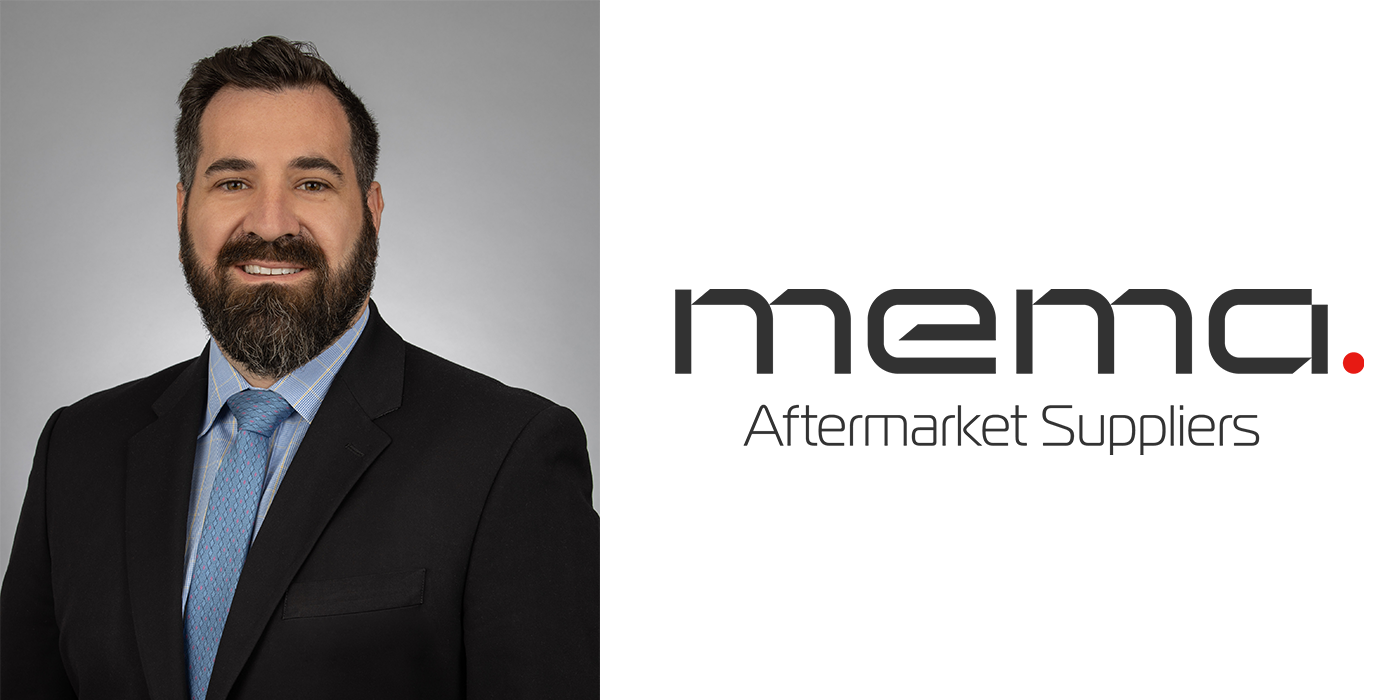On the heels of the governor’s signature Aug. 7 on the Right to Repair bill (HB 4362) in Massachusetts, AAIA’s Kathleen Schmatz and Aaron Lowe sat down with aftermarketNews to provide an update on where the bill now stands in Massachusetts, as well as nationally. AAIA, alongside the Coalition for Auto Repair Equality (CARE), is credited with initially spearheading the national Right to Repair campaign in 2001. The bill made its way to various stages of Congress nearly every year over the past decade. With the governor’s signature now in place, AAIA, in conjunction with CARE, says it looks to continue the momentum created in Massachusetts by sitting down with automakers to work out a national agreement.
Since Gov. Deval Patrick signed HB 4362 yesterday, what does this mean now for Massachusetts voters in November?
KS: Because of the timing it’s too late to take it off of the ballot.
AL: So, what will happen is we will probably run a campaign to inform motorists about the fact that the ballot question is unnecessary, but we are also going to tell them that this is a huge victory that they helped bring about through their signatures, and their support for the ballot measure.
Is there any movement on Right to Repair in any other states at this point?
AL: We put most of our resources in Massachusetts to get it done there. Now that we have that victory in Massachusetts, we have agreed to sit down with the manufacturers to see if there is a possibility of doing a national agreement. If that doesn’t work out, we’re prepared to go state-by-state to make this happen. There had been several states that we had been moving along that would probably come in to place again should a national agreement not be possible. But, we think there is enough momentum now that we’re more optimistic that a national agreement could be reached.
KS: We’re prepared to talk to them [the Alliance of Automobile Manufacturers and the Association of Global Automakers] as early as next week, if necessary, to take advantage of the momentum and turn this bill in Massachusetts into that national agreement.
Do you feel they are receptive?
AL: They seem to be very interested. I don’t think it’s in anybody’s best interest to fight this battle state-by-state, so I think there is interest on both sides.
If talks were to begin next week, is this something that could be accomplished by the end of the year, or will this continue as a longer-term goal?
KS: Hard to say. We would like to get this done in the most expeditious way but we want to make sure its just right, also. I think that’s pushing it, to be candid, but it’s always possible.
AL: It is one thing to reach agreement. It may take longer to actually get something passed on a federal basis. Hopefully, the manufacturers are going to start complying with the Massachusetts law nationwide in any case because of the benefits to the repair industry.
KS: For the folks in Massachusetts, the information is guaranteed. We know there is a lot of information flowing but within 45 days after today, the bill takes effect, and it all has to be available.
AL: There are two stages to the bill: Right now, the initial stage is that all information and tools — the same way the dealer gets it — has to be made available to the market. For the first time, the aftermarket has the legal standing if a manufacturer doesn’t do the right thing and make all their service information, software and tools available to the aftermarket. Then, for model year 2018, the next stage kicks in, and that’s really the future of where tools and repair information will go. It will require the manufacturers to have a repair information site that has all their software, tool capabilities and repair information stored on sort of a cloud that an independent can access on a daily, monthly or yearly basis and they will all interact with the vehicle through a standardized interface. So an independent shop now will have the full range of dealer capabilities at their fingertips simply by downloading the information from the manufacturer’s site. No longer will they be on the hook for having to purchase tens of thousands of dollars of equipment to have those same capabilities, in the most updated version.
What will this change mean for an organization like NASTF, which has helped to moderate information accessibility issues between the automakers and repair shops?
AL: NASTF is still going to be necessary because they will still be the first line of defense to talk to the OEs to make sure information is available. And, if the OE/vehicle manufacturer doesn’t make the information available, then what this bill does is it gives the car owner or the independent repair shop the chance to fill an action in the state of Massachusetts in superior court to compel them to make the information available. Also, they would be awarded damages for the information not being made available. This is a compelling tool to help make the information available but hopefully, what we would like to see is that they will do it the first time and make the information available and for our industry not to have to go to court every time there’s a problem.
The biggest benefit is the hope that we never have to go to court to resolve an issue but if we have to, the option is there.
What is the relationship between the Right to Repair Coalition and AAIA?
AL: The Right to Repair Coalition is composed of all of the repair shops and some of the consumer groups in the state of Massachusetts that were fighting for Right to Repair. AAIA was a part of that coalition and we supported their efforts. The Coalition was really the force that helped make that bill a reality. AAIA is proud of our support for that Coalition and what it did. Really, this was a statewide effort. It was a lot of independent shop owners who took time out of their day – and that’s not easy for a small business – to go to the statehouse, to talk to the press, to do the things that needed to happen to make a bill become a reality. Also, running the ballot measure and making sure that became a reality. Really, they were the ones that made it happen. We were there supporting them and making sure they had the resources to get it done but they were the ones that really made it happen.
KS: In moving for a national agreement it will be a partnership of AAIA and The Coalition for Auto Repair Equality (CARE).

